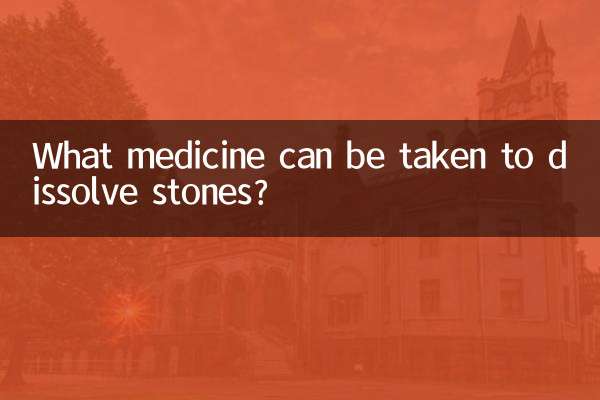What are the consequences of genital herpes?
Genital herpes is a sexually transmitted disease caused by the herpes simplex virus (HSV) and is mainly spread through sexual contact. In recent years, the incidence of genital herpes has been on the rise and has become an important public health issue worldwide. This article will explore the consequences of genital herpes in detail and present relevant data in a structured way to help readers fully understand the dangers of this disease.
1. Short-term consequences of genital herpes

The short-term consequences of genital herpes include physical discomfort and psychological stress at the onset of symptoms. The following are common short-term consequences:
| Symptoms | Description |
|---|---|
| pain and blisters | Pain, itching, blisters, or ulcers in the genitals and surrounding area. |
| Difficulty urinating | Ulcers may cause severe pain when urinating. |
| Fever and fatigue | Initial infection may be accompanied by fever, headache, and general malaise. |
| psychological stress | Feelings of anxiety, depression, or shame may follow a diagnosis. |
2. Long-term consequences of genital herpes
The long-term consequences of genital herpes are more serious and can have a profound impact on a patient's physical health and quality of life. The following are common long-term consequences:
| Consequences | Description |
|---|---|
| recurring attacks | The virus lies dormant in the ganglia and may cause periodic relapses. |
| contagious | Even if you are asymptomatic, the virus can be spread to others through sexual contact. |
| neonatal infection | Infection in pregnant women may lead to neonatal herpes, which can be life-threatening in severe cases. |
| immune system effects | May increase the risk of HIV and other sexually transmitted diseases. |
3. Psychological and social consequences of genital herpes
Genital herpes not only affects physical health, but may also have a negative impact on patients' psychological and social lives. The following are common psychological and social consequences:
| Consequences | Description |
|---|---|
| emotional distress | Patients may suffer from chronic anxiety, depression, or low self-esteem. |
| interpersonal tension | Illness can lead to strain or breakdown in a partner's relationship. |
| social discrimination | Some patients may experience social stigma or isolation due to their illness. |
4. How to deal with the consequences of genital herpes
Facing the consequences of genital herpes, patients can take the following steps to improve their quality of life and reduce the impact of the disease:
| measures | Description |
|---|---|
| Seek medical attention promptly | After diagnosis, treatment should be carried out as directed by the doctor to reduce symptoms and recurrence. |
| psychological support | Seek psychological counseling or join a support group to relieve psychological stress. |
| safe sex | Use condoms and inform your partner to reduce the risk of transmission. |
| healthy lifestyle | Maintain adequate sleep, a balanced diet and moderate exercise to enhance immunity. |
5. Conclusion
The consequences of genital herpes are not only reflected in the physical symptoms, but can also have a profound impact on the patient's psychological and social life. Through timely treatment, psychological support and health management, patients can significantly improve their quality of life and reduce the negative impact of the disease. If you or your partner are suspected of being infected with genital herpes, be sure to seek medical attention promptly and take scientific response measures.

check the details

check the details